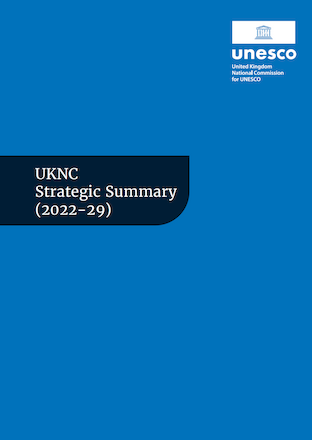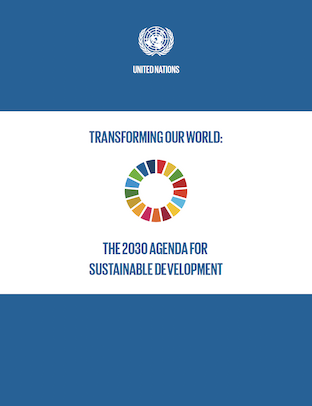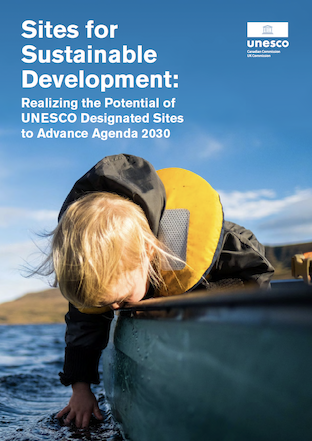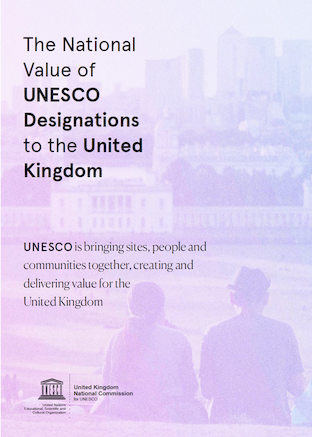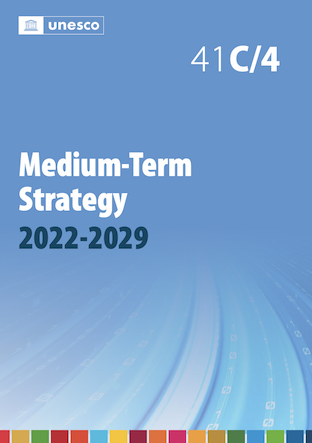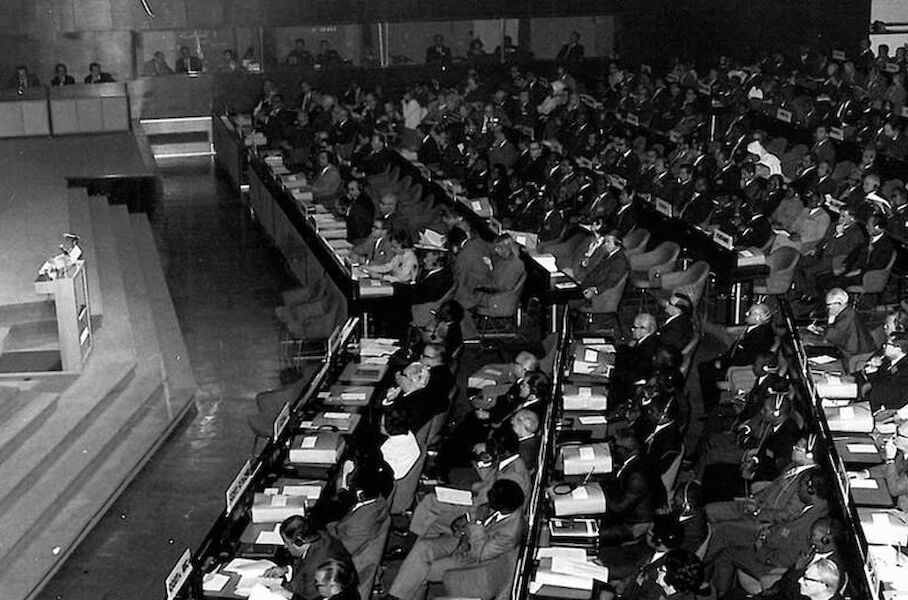Our Strategy
The UK National Commission for UNESCO Strategic Summary (2022-29) outlines our approach to maximise the UK’s contribution to UNESCO’s mission and its alignment with the 2030 Agenda for Sustainable Development.
Through three core functions: supporting UK government objectives, empowering UK communities to benefit from UNESCO’s work, and strengthening UNESCO’s global impact, we will drive collaboration across education, science, culture, and communication.
By 2029, we aim to enhance the UK’s leadership in UNESCO, build a self-sustaining network of UK UNESCO designations, and support global efforts to foster peace, resilience, and sustainable development.

